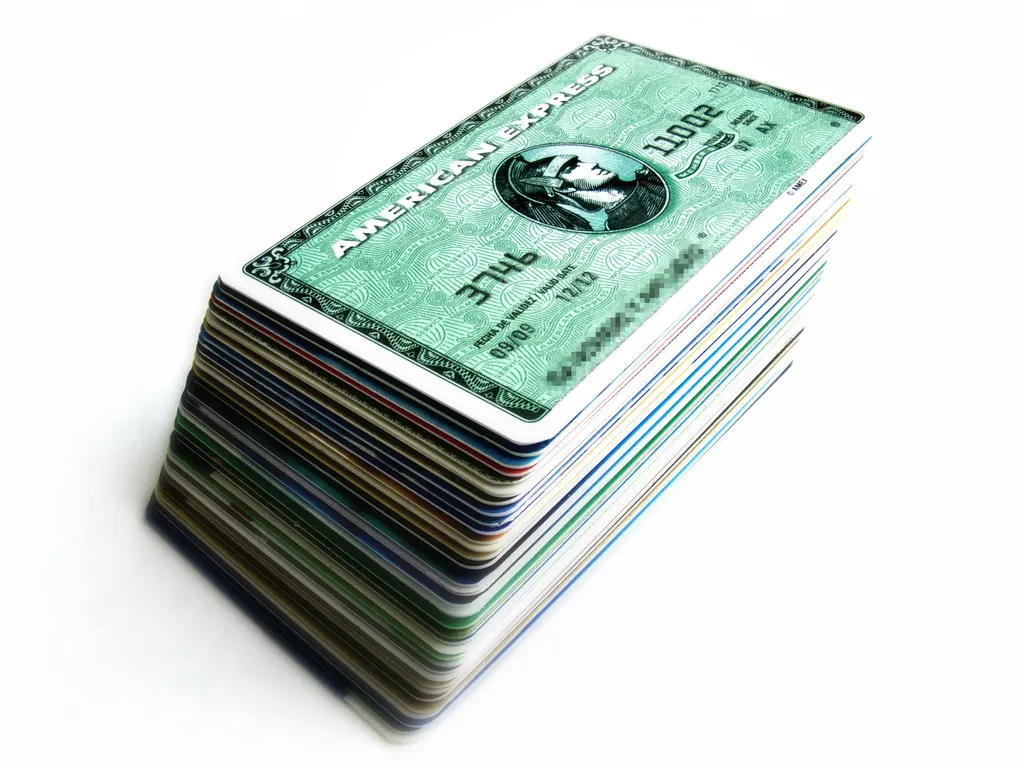How Many FICO Scores Do We REALLY Have?
You've probably heard that having a good FICO score is crucial for your financial life. But here's a secret that many people don't realize: there is no single, universal FICO score. In fact, you have dozens of them.
This can be a confusing reality for consumers who think of their credit score as a static, three-digit number. The truth is, your FICO score is a dynamic, ever-changing figure that varies based on a number of factors, including which bureau's data is being used and what kind of loan you're applying for.
Let's break down the complex world of FICO scores.
Base FICO Scores: The Ones You Know
The most common FICO scores, and the ones you're likely to encounter, are the base FICO scores. These range from 300 to 850 and are used for general lending decisions. The most widely used versions today are FICO Score 8 and FICO Score 9, but the newest models, FICO 10 and 10T, are beginning to gain traction.
• FICO Score 8: This has been the dominant model for years. It's used by most lenders for everything from credit cards to personal loans.
• FICO Score 9: This is a more recent model that has a few key differences. It weighs paid collections less heavily and ignores medical collections entirely. This is generally a more consumer-friendly score.
• FICO Score 10 and 10T: These are FICO's newest models, and they take a more forward-looking approach. They put more emphasis on "trended data," meaning they look at your credit behavior over the past 24 months, not just your current snapshot. For example, they can see if you're consistently paying down balances or if your debt is growing. The "T" in FICO 10T stands for trended data.
Industry-Specific FICO Scores: The Ones Lenders Really Use
This is where the number of scores really explodes. FICO has developed specialized scores for different types of lending. These scores use the same underlying data from your credit report but weigh certain factors differently to better predict the risk for a specific loan type. The score ranges for these models are often wider, from 250 to 900.
• FICO Auto Scores: These scores are used by car dealerships and auto lenders. They put more weight on your history of managing auto loans to predict how you'll handle a new car payment.
• FICO Bankcard Scores: Credit card issuers use these scores to evaluate your risk for a new credit card or a credit limit increase. They focus more on your history of managing revolving credit.
• FICO Mortgage Lending Scores: Mortgage lenders often rely on older versions of FICO scores (FICO Score 2, 4, and 5) to make their decisions. The reason for this is largely due to industry regulations and the massive cost of upgrading their systems.
A New Generation of Scores: The FICO Resiliency Index
Beyond the standard FICO score, there are new analytics tools that lenders are beginning to use, such as the FICO Resilience Index. This isn't a score in the traditional sense, but rather a number (from 1 to 99) that predicts how you might fare during an economic downturn. A higher number means you are more sensitive to financial stress, even if you have a good FICO score. This tool allows lenders to make more nuanced decisions, helping them identify which borrowers are most likely to weather a recession.
The Bottom Line: Your Credit Is in Your Hands
So, how many FICO scores do you have? You have at least one for each of the three major credit bureaus (Experian, Equifax, and TransUnion) for each of the different FICO models. This means you could have a different FICO score for a mortgage, a car loan, and a credit card, and each of those scores could be slightly different depending on which bureau a lender pulls from.
This complex landscape means that your credit health is more than just a single number. It is a constantly evolving financial story. With so many different scores in play, it is essential to take control of your credit. It's why we believe in giving you the tools to be your own best advocate.
You can't control which score a lender uses, but you can control the information that goes into it. With our DIY credit software, you can take charge of your credit reports. Our software helps you identify and dispute inaccurate, incomplete, or outdated information that may be holding your score back. Don't let the bureaus' complex system dictate your financial future.
Take the first step to financial freedom today. Visit us at www.fixurowncredit.com to learn more about our powerful DIY credit software and start fixing your credit yourself!



